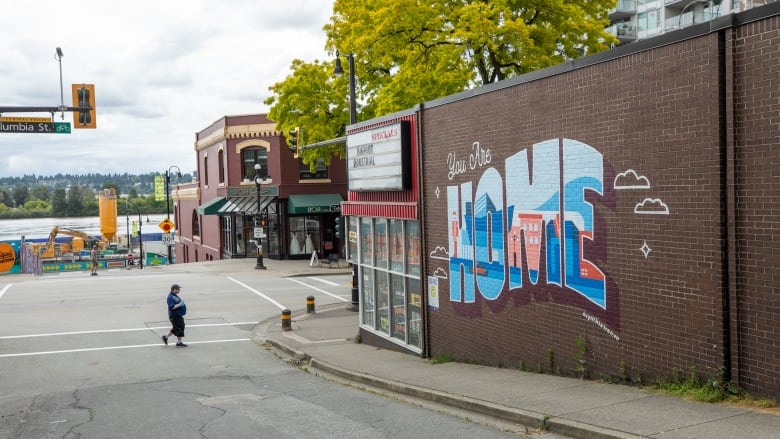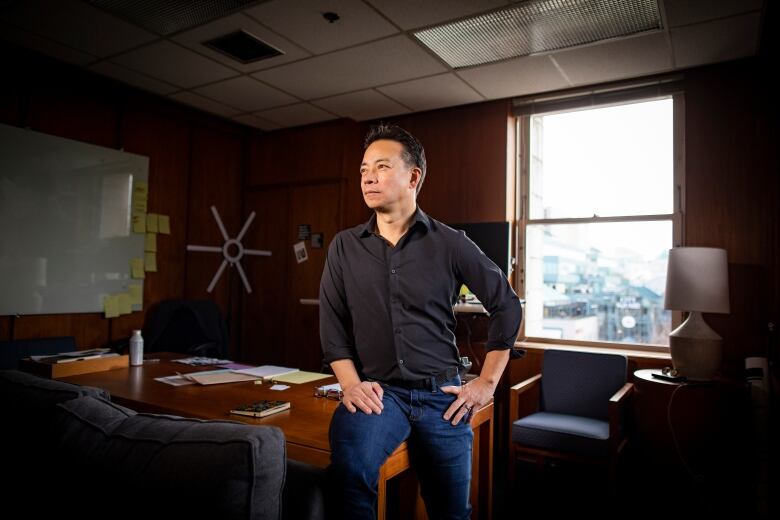 In New Westminster, heightened emotions about many more motions | | |  | | | Sometimes, city councils discuss significant issues with direct impacts to their citizens; important debates that can influence their communities for years.
And sometimes, a motion leads to an hour-long argument about how many motions are allowed.
Such was the circular discussion in New Westminster the last two weeks: new councillor Daniel Fontaine passed a motion asking staff to clarify how motions are allowed to come to council for debate and possible approval.
Staff responded with a report that had plenty of information, along with recommendations on changes to the rules governing motions.
But tucked into those recommendations was a proposal that doesn’t appear to exist anywhere else in British Columbia: limiting each member of council to one motion each meeting.
The report justified the proposal by saying city hall “is challenged due to unprecedented staff vacancies” and pointed out that 20 motions had been put forward in the first six weeks of the year — while in the past decade, there would likely be only one or two by this point.
Virtually all of those motions are coming from two councillors: Fontaine and Paul Minhas, both of whom were elected as part of the New Westminster Progressives party. They’re the first councillors in New Westminster who identify as the opposition in many years.
“Perhaps the timing is just pure coincidence, but the net effect of it is it does not optically look good,” said Fontaine.
“It should come as no surprise … we ran on a platform where we were very ambitious in terms of all of the ideas and plans we wanted to put forward, and we’ve begun doing that.”
You can see why Fontaine is crying foul. But you can also see why other members of council might be annoyed.
“We are being bogged down,” said New Westminster Mayor Patrick Johnstone, saying that he was torn on whether to support a limit on motions, while arguing many of Fontaine and Minhas’ motions could be better addressed in less time consuming and procedural ways.
He pointed out that the only municipality in Metro Vancouver that saw New Westminster’s level of motions before the last election was the City of Vancouver — which became infamous for its marathon meetings and inability to efficiently get things done.
"That is not a way for a city to be run," said Johnstone.
Ultimately, the staff proposal was referred to committee after the debate on Monday. It means it hasn’t passed, but there will be another discussion about the proposal in the future.
Call it a lot of emotions over a singular motion. But it definitely signals a new political dynamic in New Westminster — one where it’s not yet clear how voters will respond. | | |  | | | 1. Vancouver | | | It's been a busy week in B.C.'s biggest municipality as the ABC government continues to put its stamp on the city — first with the elimination of the Stanley Park bike lane (while approving consultation on a new lane), then with the repealing of the 25-cent cup charge. We also took a look at Ken Sim after 100 days as mayor, and how his leadership is all about the vibes.
Read more | | |  | | | 3. Parksville | An 800-unit development in Vancouver will get people talking, but an 800-unit development in a town of 14,000 people? That'll have folks literally packing the stairwells to watch a public hearing over the proposals, as was the case in Parksville this week. More than 10 per cent of residents have signed a petition against the proposal, with a final vote to come. Read more in the Parksville Qualicum Beach News | | | | | |  | | | 4. Harrison Hot Springs | Last week, the small town in the Fraser Valley had a council meeting where the mayor alleged a secret illegal council meeting happened without his attendance. This week, the chief administrative officer announced their resignation, and other senior staff are currently not working. Consider our spidey senses tingled.
Read more in the Agassiz-Harrison Observer | | | |  | | | 5. Smithers | When does a city council have to decide whether to approve a Burger King replacing a KFC? In the case of Smithers, it's when the application requires a rezoning so it can also have a convenience store and gas station. The discussion began two years ago and a public hearing was heard this week, and like many public hearings, concerns about noise and traffic were brought up.
Read more in My Bulkley Lakes Now | | | | | | Share this newsletter | | or subscribe if this was
forwarded to you. | | | | That's it for this this week! In the meantime, check out the latest headlines at cbc.ca/bc and follow our municipal affairs reporter Justin McElroy on Twitter. And if you have any questions you might want answered in a future mailbag, drop Justin a line at metromatters@cbc.ca. | | | |

